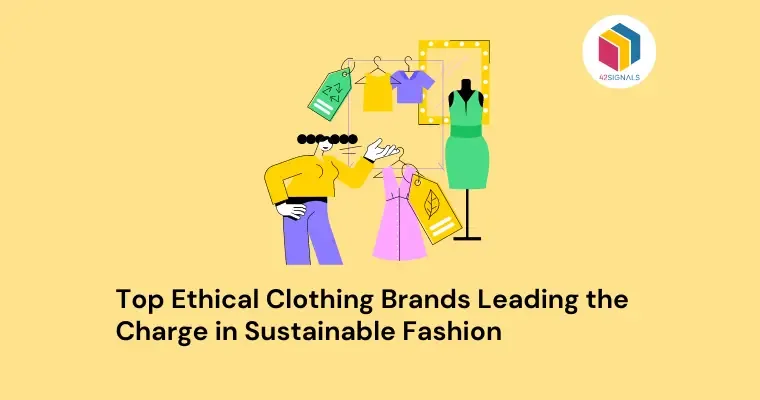Sustainable fashion has become the new “IT” thing – and for good reason. It’s a movement that is gaining momentum as consumers begin to realize the impact their clothing choices have on the environment and the people who make them. Thankfully, several ethical clothing brands are leading the charge towards sustainability, proving that style doesn’t have to come at the expense of our planet or its inhabitants.
The Top Ethical Clothing Brands
Patagonia: A Pioneer in Ethical Manufacturing
Patagonia is one of the most well-known ethical clothing brands in the industry. They have been pioneers in environmental activism since their founding in 1973. The company focuses on using recycled materials for its products and ensuring fair labor practices throughout its supply chain. Additionally, they donate 1% of sales to grassroots environmental organizations worldwide through their “One Percent for the Planet” initiative.
Beyond its product line, Patagonia actively encourages environmental activism among its customers. They host events, fund grassroots environmental movements, and even launched the Patagonia Action Works platform to connect individuals with local environmental causes. Their approach has set a gold standard for how businesses can operate responsibly while still thriving in the global marketplace.
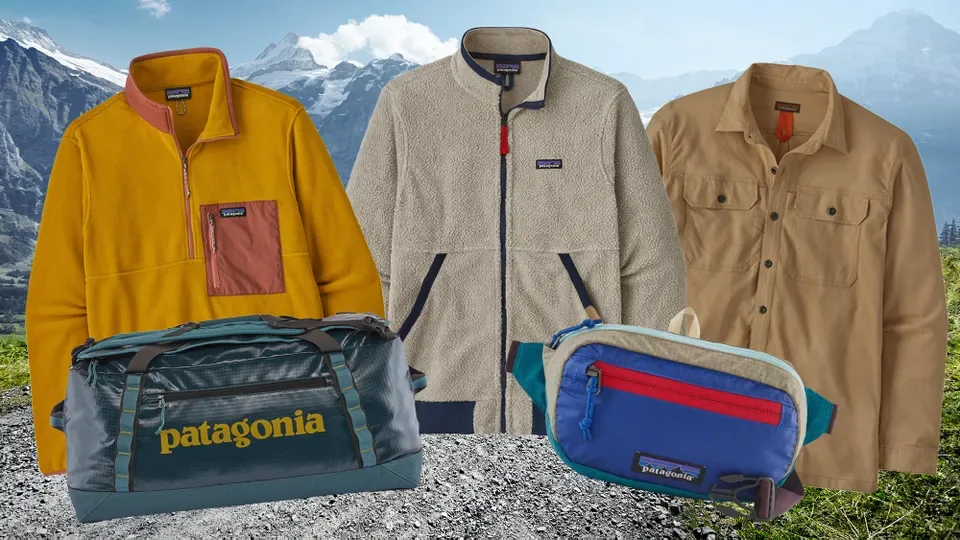
Image source: GQ
Everlane: Transparent Production Practices
Everlane prides itself on radical transparency when it comes to production costs and practices. By sharing information about factories, materials, and pricing with customers, Everlane fosters trust while promoting ethical sourcing and manufacturing processes. Their commitment to responsible manufacturing extends beyond their own brand; they also launched an affordable line of face masks during the COVID-19 pandemic made from excess factory fabric, further reducing waste.
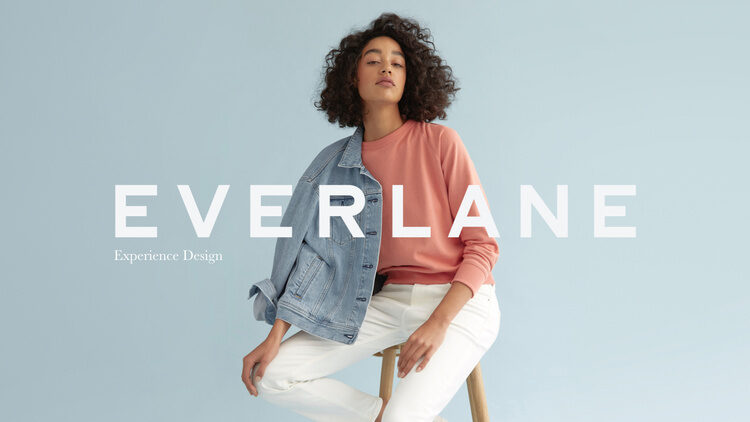
Everlane’s dedication to innovation extends to its product design as well. Their “ReNew” collection uses recycled plastic bottles to create chic outerwear and bags, effectively giving waste materials a second life. By maintaining transparency and committing to a sustainable future, Everlane has established itself as a role model for emerging ethical clothing brands.
People Tree: Fair Trade Trailblazers
People Tree was founded in 1991 with the mission of creating beautiful, timeless clothes while empowering marginalized communities. As one of the first fashion companies to receive certification from the World Fair Trade Organization (WFTO), People Tree ensures safe working conditions, fair wages, and long-term employment opportunities for artisans and producers around the globe.
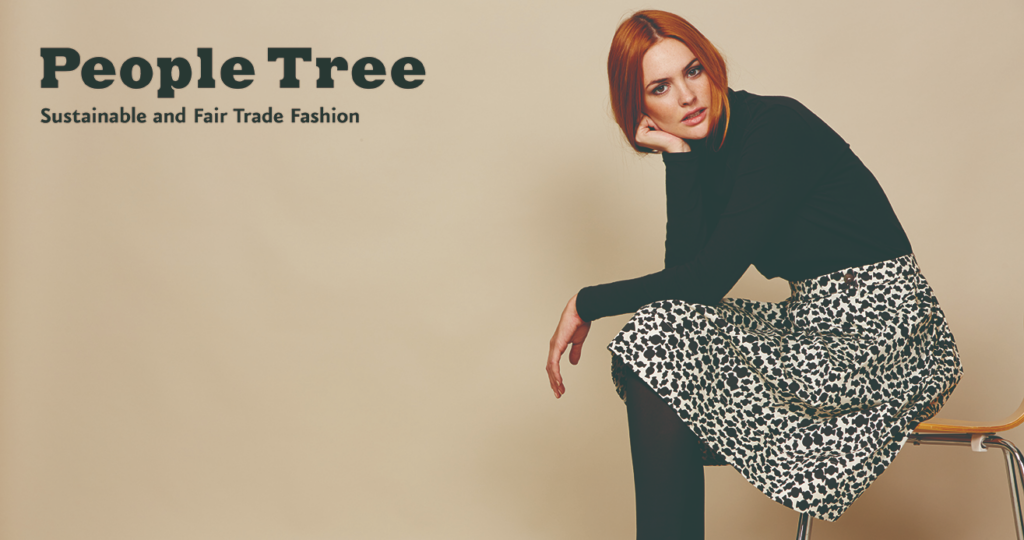
In addition to its ethical business model, People Tree focuses on producing garments made from organic and environmentally friendly materials, such as organic cotton and TENCEL™.
By creating pieces designed to last, they combat the disposable mindset perpetuated by fast fashion truly embodying the spirit of ethical clothing brands. Their collections combine traditional craftsmanship with modern style, offering consumers a meaningful way to support global artisans.
Veja: Innovative Materials & Social Responsibility
Veja combines innovative materials like organic cotton, recycled polyester, and Amazonian rubber with social responsibility initiatives to create stylish sneakers without compromising ethics.
All stages of production – from raw material harvesting to final assembly – adhere to strict environmental and social standards, providing workers with living wages and safe work environments.
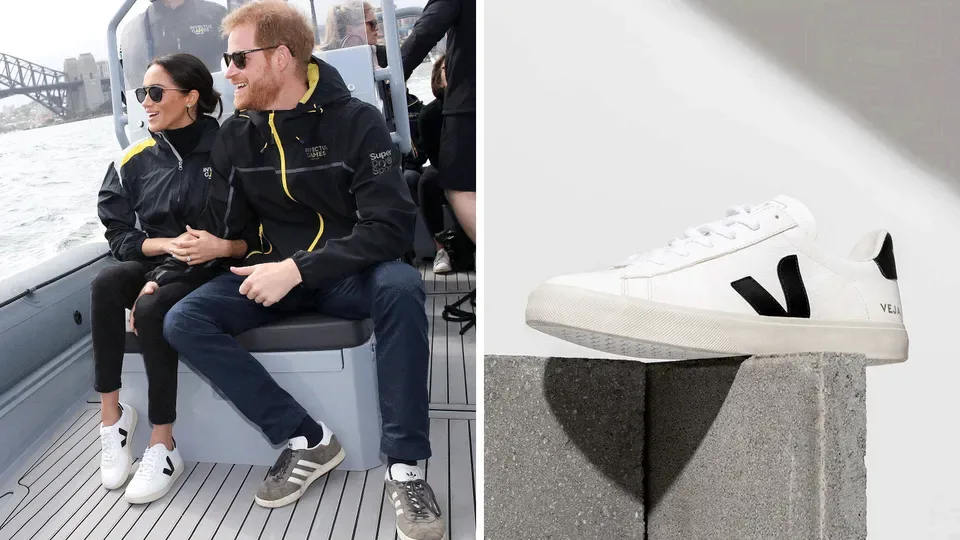
Image Source: Glamour
Veja also stands out for its commitment to transparency. The brand openly discusses the challenges it faces in balancing sustainability and profitability, offering customers a clear picture of what it takes to create ethical products, making it an ethical clothing brand.
Their designs have become a staple for conscious consumers seeking footwear that aligns with their values.
Stella McCartney: Luxury Meets Sustainability
Stella McCartney is redefining luxury fashion by merging high-end design with eco-friendly principles. From using animal-free alternatives to leather and fur to incorporating recycled nylon and polyester into her collections, McCartney proves that sustainable fashion can be both glamorous and guilt-free.
Moreover, she collaborates with organizations such as Parley for the Oceans to help clean up plastic pollution and promote circular economy solutions.
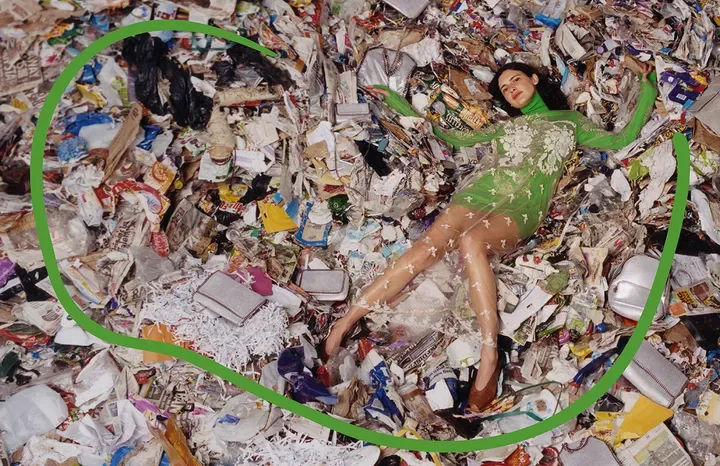
Image Source: HuffPost
McCartney’s brand also invests in innovative technologies, such as Mylo™, a leather alternative made from mycelium (mushroom roots).
Her cutting-edge approach demonstrates that luxury brands can lead the charge in sustainability without sacrificing style, paving the way for others in the high-fashion world to follow suit.
Tentree: Planting Trees with Every Purchase
Tentree plants ten trees for every item purchased, aiming to plant one billion trees by 2030. With a strong focus on sustainable fabrics, ethical manufacturing practices, and closed-loop systems, Tentree demonstrates how businesses can positively contribute to the fight against climate change while still offering trendy apparel options.
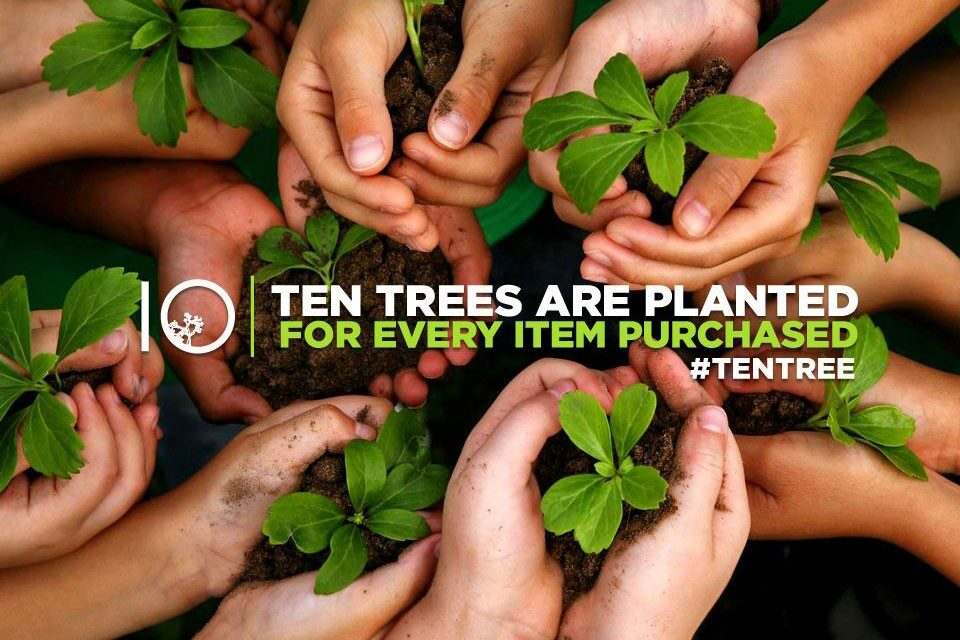
Their commitment to environmental restoration goes beyond tree planting. Tentree uses eco-friendly fabrics such as hemp, organic cotton, and recycled polyester to minimize its environmental footprint, a leader in the ethical clothing brands category.
By incorporating educational initiatives about sustainability into their branding, Tentree inspires consumers to think critically about the impact of their purchases.
Why Ethical Clothing Brands Matter
The fashion industry is one of the largest contributors to environmental degradation, accounting for a significant percentage of global greenhouse gas emissions, water pollution, and landfill waste.
Fast fashion, in particular, thrives on overproduction and overconsumption, perpetuating a cycle of harm to the planet and exploitation of workers. By choosing brands that prioritize sustainability and ethical practices, consumers can help disrupt this destructive cycle.
Sustainable fashion also promotes a shift in consumer culture. Instead of valuing quantity over quality, it encourages individuals to invest in timeless, durable pieces that reduce the need for constant replacement.
This change not only benefits the planet but also supports the well-being of the workers who craft these garments. Ethical fashion brands often prioritize fair wages, safe working conditions, and community development, ensuring that the people behind the products are treated with dignity.
The Role of Consumers in Driving Change
While ethical brands are leading the way, consumers play a crucial role in driving change within the fashion industry. Every purchase is a vote for the kind of world we want to live in. By choosing sustainable and ethical brands, consumers can support businesses that align with their values and reject the practices of fast-fashion giants.
Additionally, consumers can make a difference by adopting more mindful shopping habits. Buying second-hand, swapping clothes with friends, and repairing or repurposing items are all ways to reduce waste and extend the life cycle of garments. Supporting local designers and small businesses can also have a positive impact, as these companies often prioritize sustainability and community over mass production.
The Future of Sustainability and Ethical Clothing Brands
The future of fashion lies in innovation and collaboration. As technology advances, brands are discovering new ways to reduce waste, recycle materials, and create eco-friendly alternatives to traditional textiles. Initiatives like circular fashion—where garments are designed to be reused, repaired, or recycled—are gaining traction as a solution to the industry’s waste problem.
Moreover, collaboration between governments, organizations, and the fashion industry is essential for creating systemic change. Policies that regulate waste, promote fair labor practices, and incentivize sustainable production can help ensure that ethical fashion becomes the norm rather than the exception.
A Call to Action to Becoming an Ethical Clothing Brand
The rise of sustainable fashion is more than just a trend—it’s a necessary shift towards a more ethical and eco-conscious future. Brands like Patagonia, Everlane, People Tree, Veja, Stella McCartney, and Tentree are proving that it’s possible to combine style, sustainability, and social responsibility. By supporting these trailblazers and adopting more thoughtful shopping habits, consumers can play an active role in transforming the fashion industry.
The choices we make today will shape the world we leave for future generations. Sustainable fashion offers a path forward—a way to enjoy beautiful, high-quality clothing without compromising our planet or its people. It’s time to embrace this movement and make fashion a force for good.
By choosing these socially responsible brands and ethical consumerism over fast-fashion counterparts, shoppers can vote with their wallets and support positive change within the realm of garment production.
